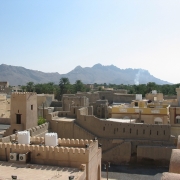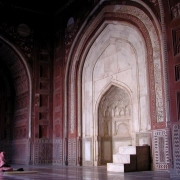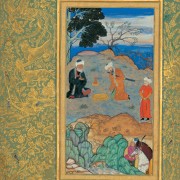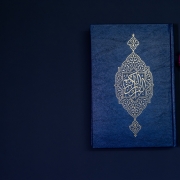A Treatise on Practical and Theoretical Sufism in the Sokoto Caliphate
Abstract:
“This article presents an annotated translation of The Exposition of Devotions, a short text by Shaykh ʿAbd al-Qādir ibn Muṣtafā (1218–1280/1804–1864) about his spiritual master and maternal uncle, Muḥammad Sambo (1195–1242/1782–1826). Muḥammad Sambo was the son of ʿUthmān ibn Fūdī (also known as Usman dan Fodio), the founder of the Sokoto Caliphate, one of the largest pre-colonial polities on the African continent. While modern scholarship has tended to focus on the political, legal, social, and economic dimensions of the jihad movement that created the Sokoto Caliphate,this text provides a brief, but detailed account of the spiritual practices and discussions amongst Usman dan Fodio’s clan (the Fodiawa), demonstrating the centrality of the Akbarī tradition in technical discussions, as well as the unique developments of this tradition in thirteenth/nineteenth century West Africa. The work begins with an account of a dream of the then-deceased Muḥammad Sambo that occasioned its composition, and after a brief discussion of the status of dreams and their importance, gives an account of Sambo’s spiritual method and practices. The short treatise concludes with the author’s summary of Sambo’s responses to several technical and highly esoteric questions posed to him by the author, illustrating the profound mastery and unique perspectives developed on these topics by the Fodiawa. Combining oneirology, hagiography, practical and theoretical Sufism, this short treatise is an illuminating window into the spiritual and intellectual traditions of the founders of the Sokoto Caliphate”









